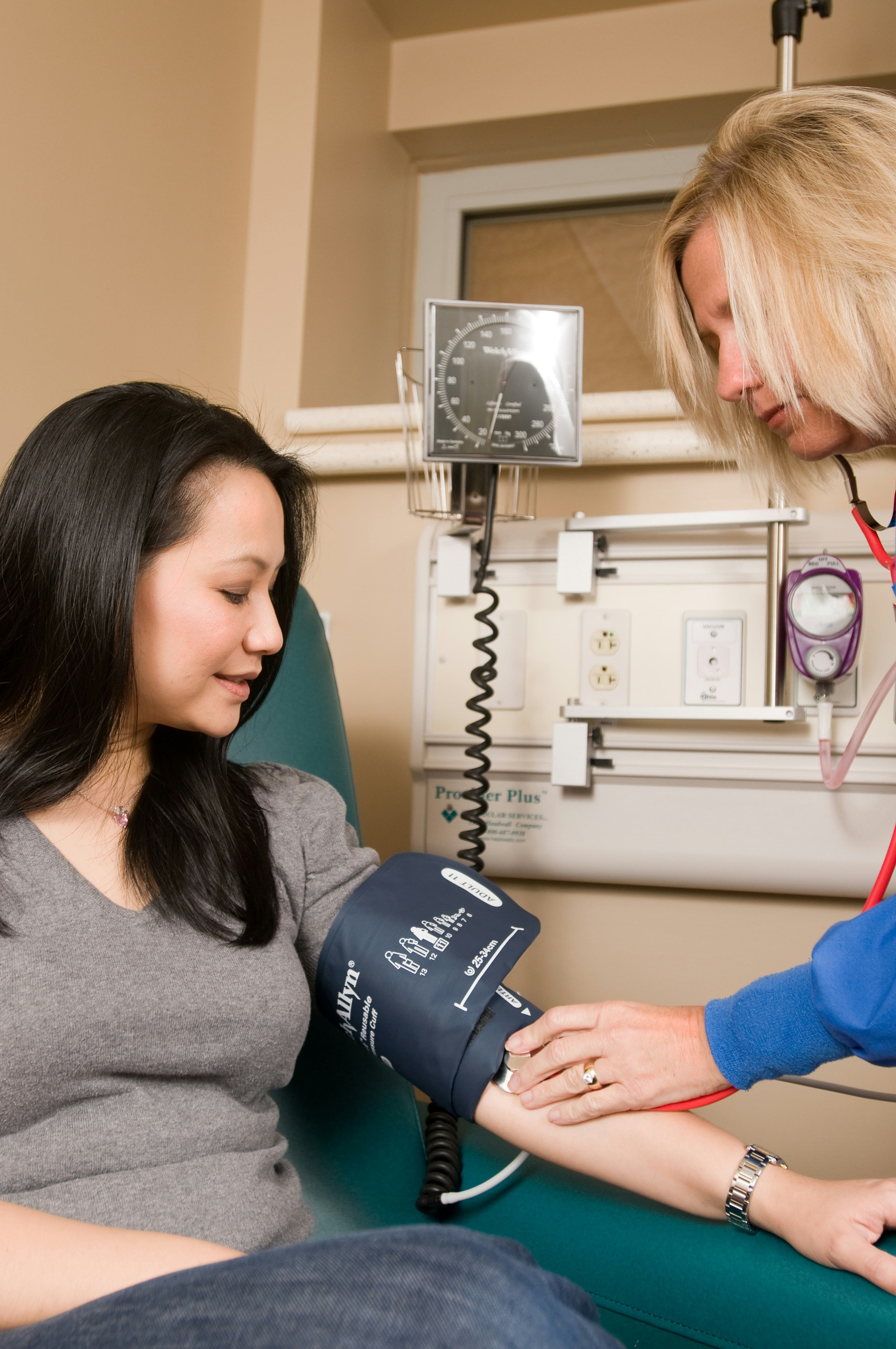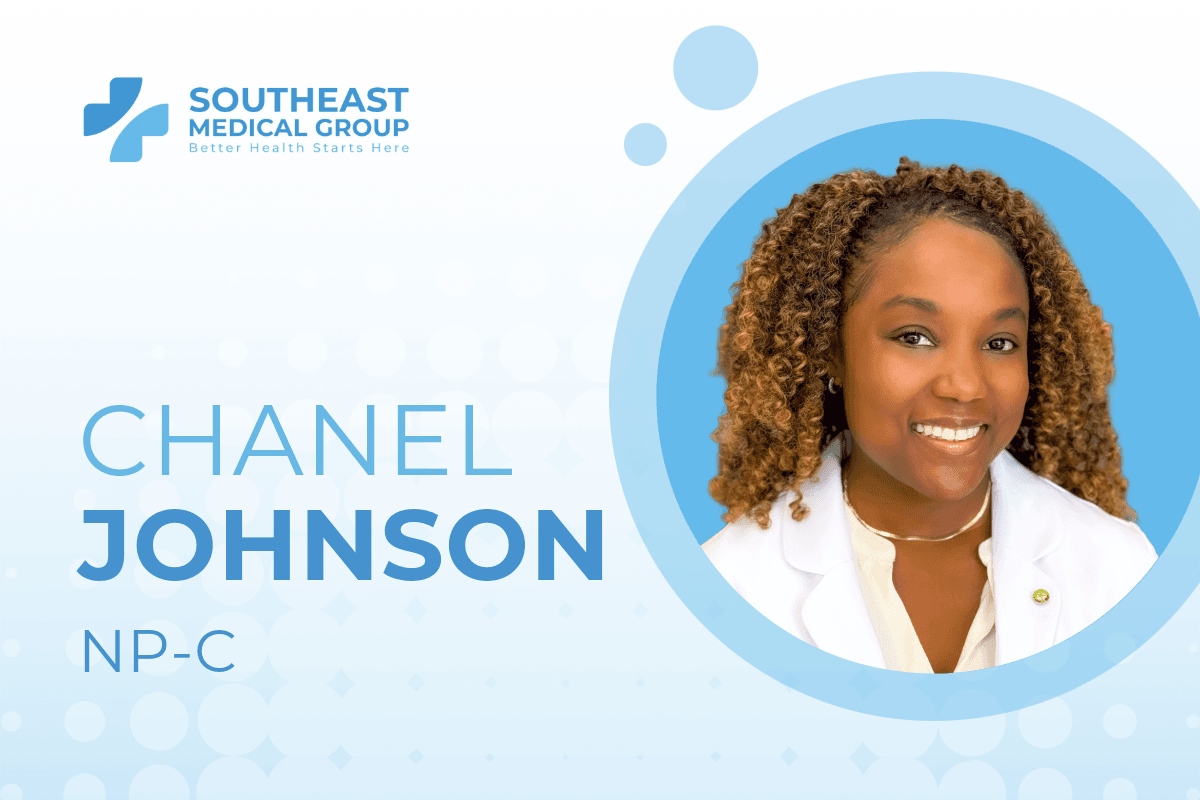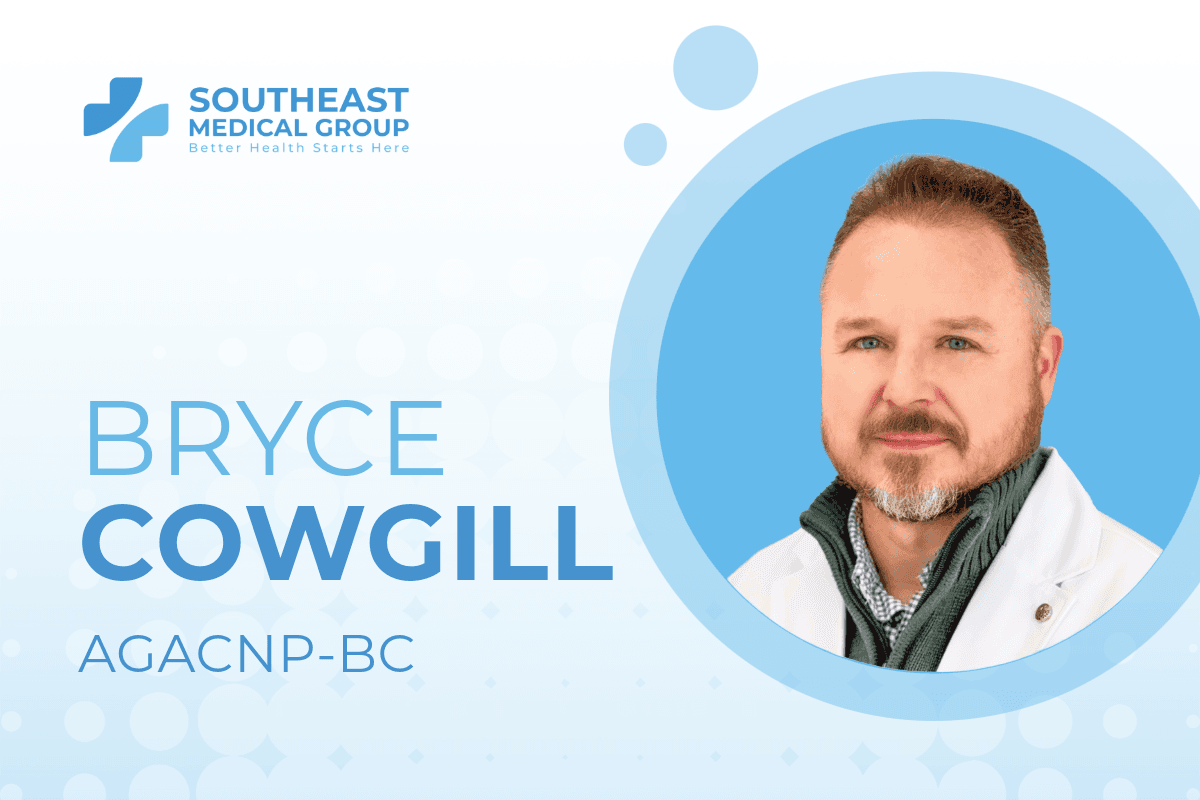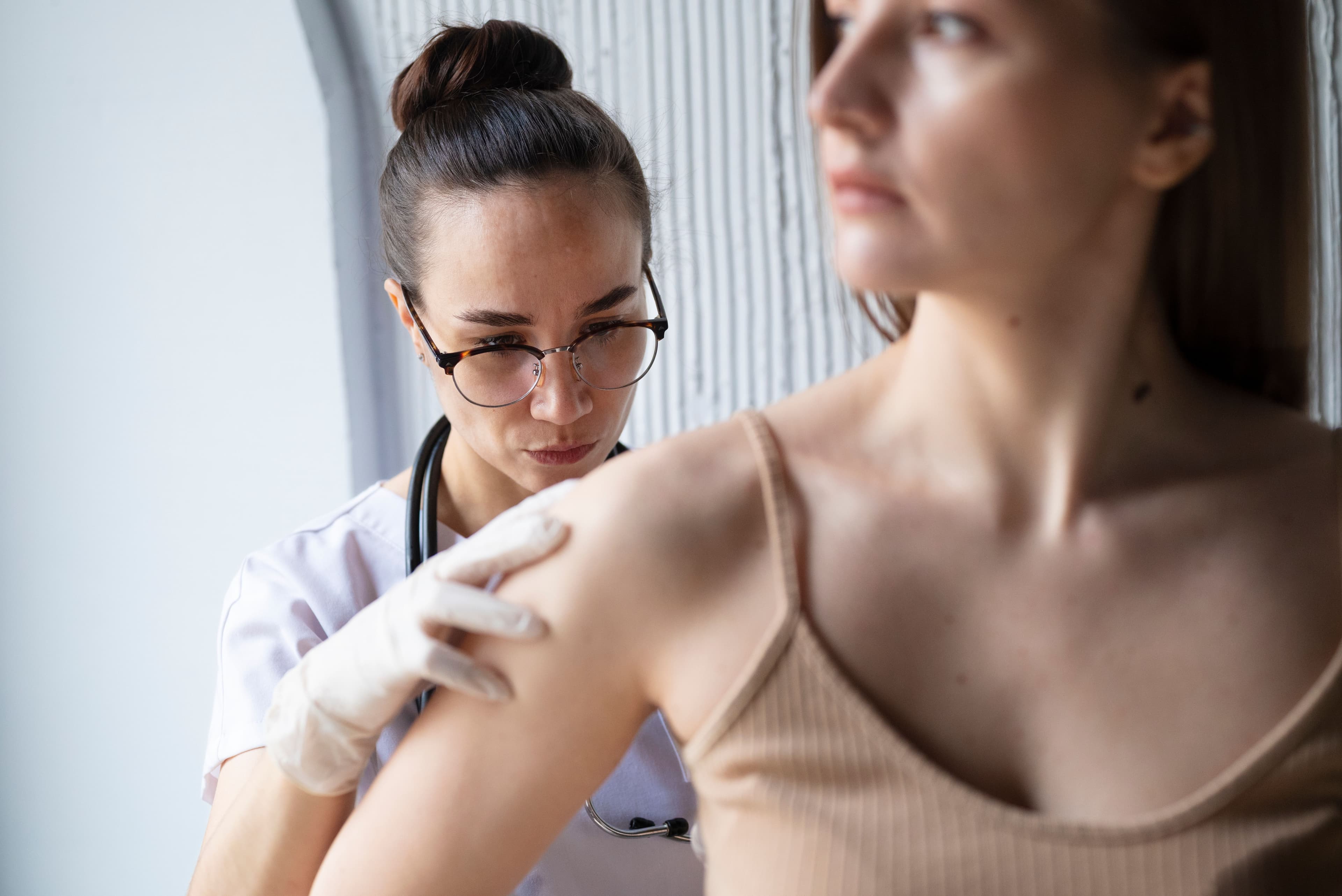First, let’s establish that for the past 60 years the treatment to reduce high blood pressure has reduced stroke, heart attacks, congestive heart failure and chronic kidney disease. Time tested, outcomes driven data supports this and recent data suggests more aggressive therapies appropriately applied can do even better. That’s why you may see some doctors treat more aggressively following the American College of Cardiology’s recommendation to seek the goal of <130/80. The standard set by the Joint National Committee VIII states treatment should be initiated when blood pressure is 150/90 mm Hg or higher in adults 60 years and older, or 140/90 mm Hg or higher in adults younger than 60 years. Both agree that blood pressure >120/80 is “Pre-Hypertensive”. Tailored to your conditions and discussed with your physician, therapy often begins, and the diagnosis takes place in your own home. To reduce the possibility of high blood pressure / hypertension consider the following:
- Over 2/3’s of all Americans over the age of 45 have hypertension (high blood pressure).
- The average number of medications given to controlled hypertensives is 3.2
If you are at risk of high blood pressure by age, Family History or other risks then begin with losing weight (there’s 3 miles of blood vessels for every pound of flesh!), restrict salt and follow the DASH diet, limit alcohol intake to once daily for women and 2/daily for men, exercise regularly, do not smoke, get enough sleep (at least 7 hours/night) and take the medication, if necessary, as directed by your doctor.
Medication usually begins with the month of finding at least 3 BP’s exceeding the numbers above on different but consecutive days after dietary and lifestyle changes. Purchase of a reliable BP machine like “Omron” isn’t a bad idea for a lifetime condition. Take your BP in the morning after sitting for 5 minutes, before caffeine or turning on the news. Many people claim they can feel their blood pressure, but what they’re feeling is the anxiety or stress of the situation that raises their blood pressure! Don’t be fooled as 99% of high blood pressure patients have no symptoms! Sometimes, the numbers can be too high to wait for life changes and medications must begin sooner as those changes take hold. Discouraging for most patients is to learn that despite doing all the right things including medical management, that getting off the medications is unlikely. Most high blood pressure patients must stay on their meds for a lifetime with occasional adjustments of dose or product. Please don’t give up on lifestyle changes if meds are called for as they help prolong life and a healthy vascular condition.
Article written by Jeff Stone, M.D., Medical Director, Southeast Medical Group



